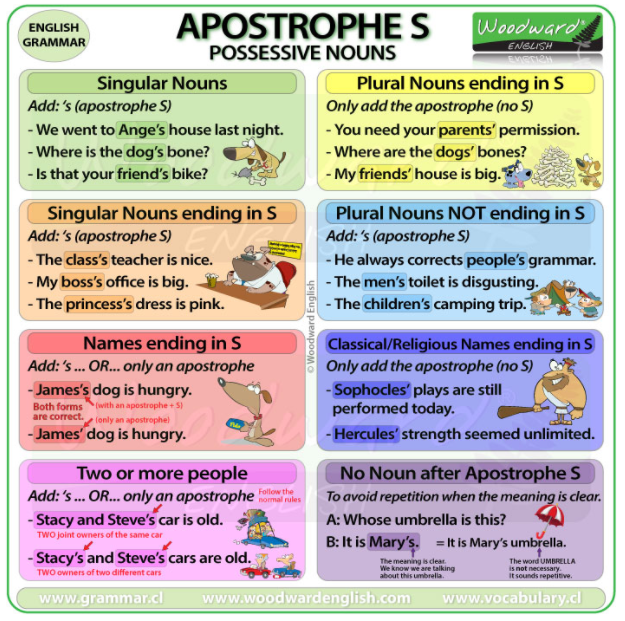On good writing
Being a good written communicator is an important skill. You have a story, and you want other people to hear it. It won’t magically transfer from you to them. You have to present it in a form they can receive.
Writing is not the same as talking. Some people, face to face, can tell a wonderful story. They can be simultaneously entertaining, engrossing, and enlightening. Yet the same person can struggle to communicate on paper. It comes out as a confusing stream-of-consciousness, lacking punctuation or pause. Without facial indications, vocal intonations, strategic pauses, or hand gestures the story is lost in a firehose of ineptly-crafted, monotonic drivel.
I'll never be Hemingway, but here are some of the methods I use to stay out of the traps I often find myself in.
Try not to immediately hit ‘send’ on a message you have just written. Leave it for 10-15 minutes and then read it back to yourself.
When you write down a thought, that thought remains in your brain. If you read the words back to yourself immediately you are often actually not reading the written words, instead you are repeating the thought that was in your head. Your brain plays tricks on you. Giving it a few minutes allows your brain to empty. You can then read what the letters actually say, not what you are expecting them to say. Nine times out of ten you will find something you want to change.
Use tools with spell- and grammar-checkers.
Nothing turns a reader off more quickly than spelling and grammatical errors. Why would anyone listen to someone who can’t even spell? If you are working in an editor that doesn’t have these, copy your text to a tool that does do checking.
Once you finish writing, challenge yourself to delete as many words as you can.
This is a hard pill to swallow. You have spent ages typing out your thoughts. The last thing you want to do is delete any. But this is probably the most effective method of guaranteeing better writing. Less is usually more.
Know your weaknesses.
You invariably make the same mistakes. Figure out what they are, and then watch for them.
Use short sentences.
When you are done writing, check your sentences for length. Try to split each one into shorter sentences. If you can, do it. Repeat until you can’t make them any shorter. Doing this almost always improves readability.
Learn the common traps.
There are some common words that we all struggle with. Get them right and you are already well ahead of the game. Get them wrong and you are a drongo.
Their / they’re / there
To / two / too
Your / you’re
Brought / bought
Bear / bare
Seperate / Separate
Apostrophes are hard. Get them right anyway.
These always trip me up. Possessive. Singular. Plural.
If you are using an apostrophe as a contraction (ie., using it’s for it is) here is my hot tip. DON’T! (or rather DO NOT!). Simple. You will not get one of these wrong again.
